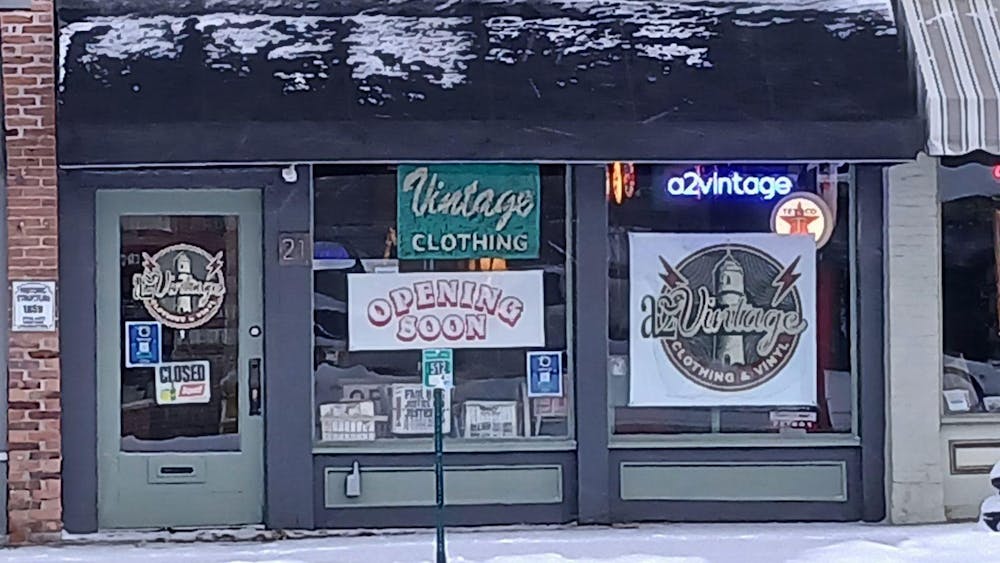There is always something happening around the world. Cyprus is wrestling with the prospect of a eurozone bailout. Florida Gulf Coast University has upset both Georgetown and San Diego State universities in the NCAA Tournament. Syria’s bloody civil war continues to rage on. Colorado signed stricter gun control into law.
As every historian and journalism professor is fond of repeating, an informed citizenry is necessary for a productive, flourishing democracy. Constructive discourse requires competent and informed participants.
I confess I’m something of a news junkie. I enjoy reading The Economist and The New York Times as close to daily as possible. And, as you are reading this newspaper, it appears you enjoy news as well.
But a one-year subscription for The Economist, print and online edition, costs about $100, and that’s with a student discount. Obviously, such a cost is not particularly suited for a student’s budget.
Journalism, as a field, is undergoing a revolution in which many news sources are examining how to remain financially viable while offering news to modern readers. They seem to be turning away from the idea of traditional print media. Reading a hard copy of the newspaper with your coffee in the morning is being replaced with browsing an infinite number of sources on a laptop, tablet or smartphone.
But newspapers aren’t created for free, so many—including The New York Times —now cap the number of articles a reader is allowed to access online for free.
In light of all this, it is imperative for universities to provide students with affordable access to news sources. That’s exactly what Eastern Michigan University has done by offering access to The New York Times. The print edition of the newspaper is distributed on campus daily and online passes are available to students, free of charge, on emich.edu.
It seems obvious to me having informed students will facilitate conversations in our classrooms. Sociology, communication, political science and many other courses will benefit from students connecting class concepts with real-world events.
It is my great hope that EMU continues this partnership, because it has the potential to help students become more informed and knowledgeable citizens. At the same time, students must take advantage of these resources. EMU has every right to pull this service if it is not being used, so get informed!








